Graham Reid | | 3 min read
Not Dark Yet (live 2000)
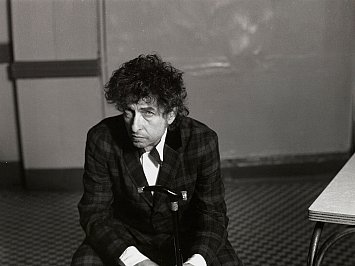
The 1980s – which began with the murder of John Lennon – was a cruel decade for those who'd made their reputations in Sixties.
After his post-Beatles career resurrection with Wings in the 70s Paul McCartney as a solo artist delivered slick but hollow albums, the Rolling Stones seemed to lose heart and direction as Keith Richards and Mick Jagger sniped at each other, Joni Mitchell barely appeared on the charts and Neil Young released such diverse records his record company sued him for “unrepresentative” albums.
Aside from the Grateful Dead, none of the hippie era American West Coast bands did anything of consequence, if they still existed.
And Bob Dylan entered the decade as a born-again Christian who used the stage as a pulpit-cum-soapbox to berate his audiences and warn of the impending reckoning. When he exhausted himself on that he came out with shapeless, hasty and mostly lacklustre albums, the sole exception being Oh Mercy in 89 with producer Daniel Lanois which suggested a return to form.
But it was followed by the appalling Under the Red Sky (the man who sang Like a Rolling Stone now offering Wiggle Wiggle) then two albums of old folk and blues covers.
The verdict was in: Dylan was a spent force.
The 91 box set The Bootleg Series Vol 1-3 of rare and unreleased recordings from 1961 only confirmed what a spendthrift of genius he had been.
Then after various greatest hits packages Dylan – again with producer Lanois – delivered his dark, beautiful and poetic Time Out Of Mind album in 97 which was a harbinger of the remarkable career reinvention which has continued to this day.
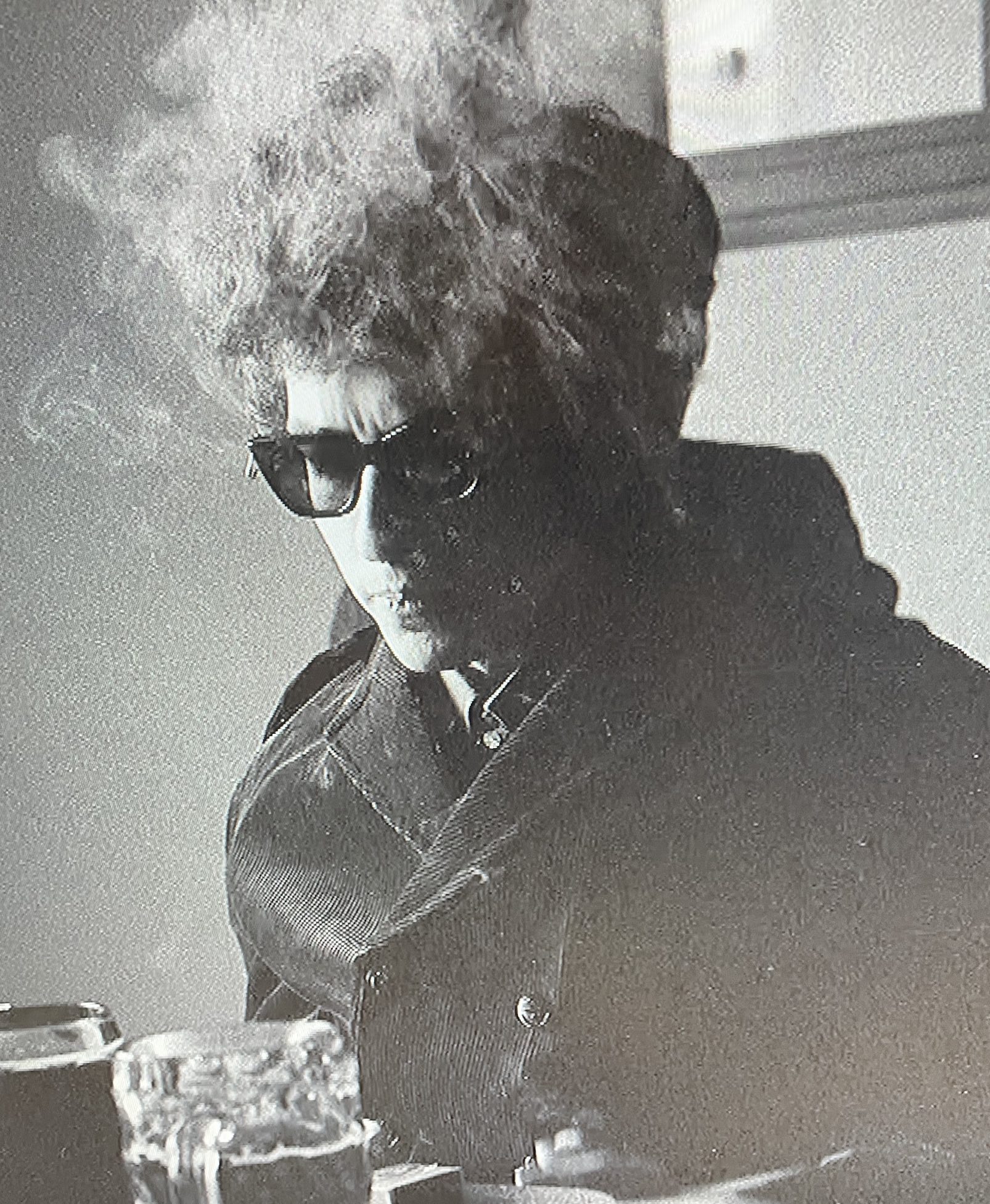 It won Grammys for Album of the Year and Best Contemporary Folk Album.
It won Grammys for Album of the Year and Best Contemporary Folk Album.
According to New Zealand-born Richard F. Thomas, Dylan scholar and Professor of Classics at Harvard University, Time Out of Mind “signaled a new phase for Dylan in which he began to explore the past . . . and conflate it with his own present so producing worlds that are hard to pin down, and complex in the stories and images they conjure up”.
Dylan said it was the start of him making records for the new and diverse audience he was seeing at concerts: “There was no reason for these new people to hear songs I'd written 30 years earlier for different purposes.”
Appearing as Fragments: Time Out Of Mind Sessions (1996-1997); The Bootleg Series Vol 17, the remixed Time Out Of Mind album, now invites reconsideration for its beautiful ballads (Standing in the Doorway, the much-covered Make You Feel My Love) alongside mysterious blues (the shaggy-dog mythic 16 minute Highlands) and meditations on mortality (Not Dark Yet, Tryin' to Get to Heaven).
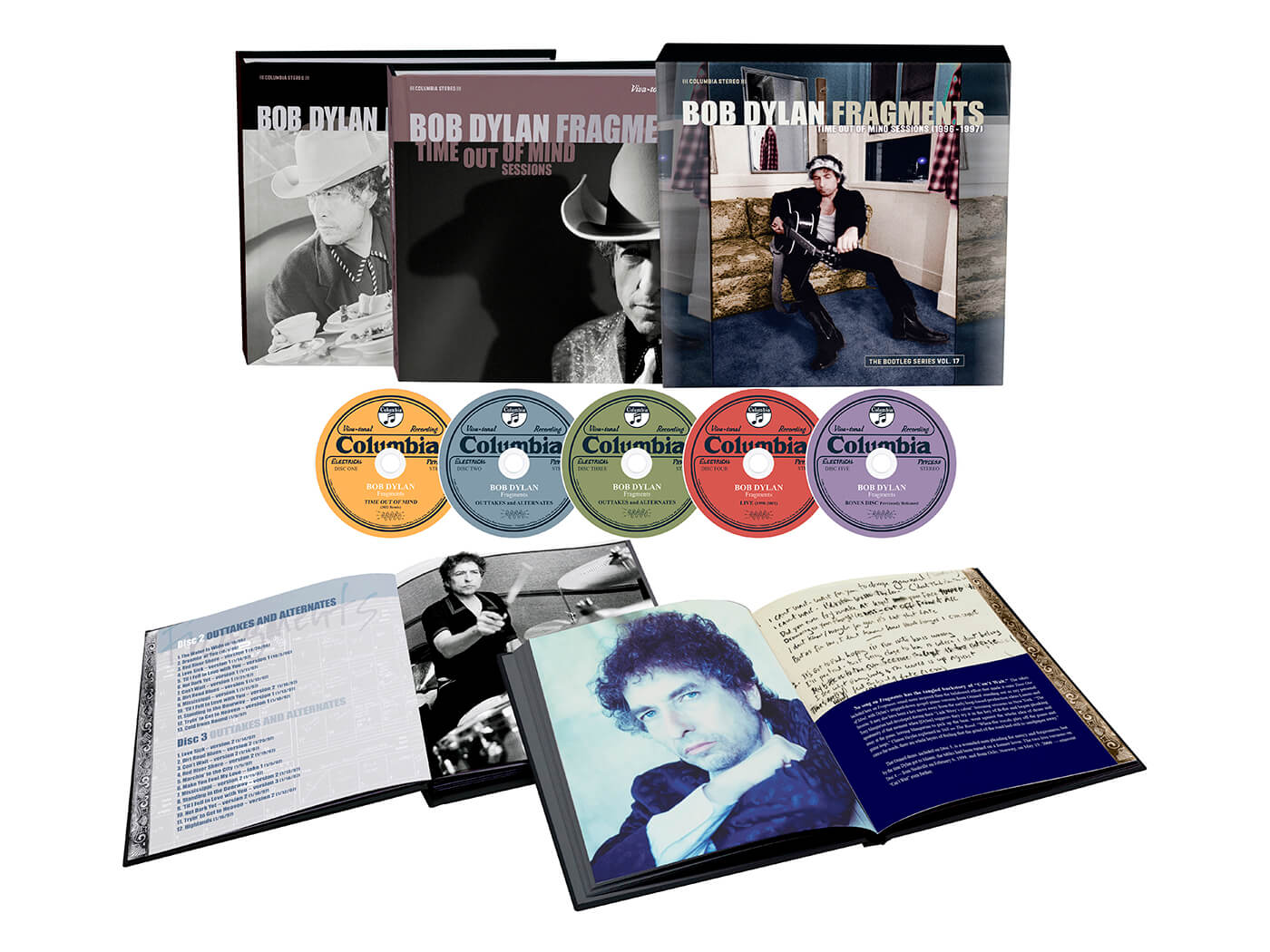 The album is re-presented with early versions and some typically overhauled live performances, the final disc in the five-CD deluxe edition previously on 2008's Tell Tale Signs collection.
The album is re-presented with early versions and some typically overhauled live performances, the final disc in the five-CD deluxe edition previously on 2008's Tell Tale Signs collection.
The live disc shows again how Dylan constantly reshaped his material.
Among the outtakes and alternate versions there is a mysterious, different version of Love Sick even more spare and haunted in the absence of Lanois eerie setting; the first version of Can't Wait has more gloomy menace than the released version; there's a swing through Mississippi (which appeared differently on the subsequent “Love and Theft” album) and The Water is Wide is an old Scottish ballad which Dylan delivers in a creaking, quiet rendition: “love grows old and waxes cold and fades away like the morning dew”.
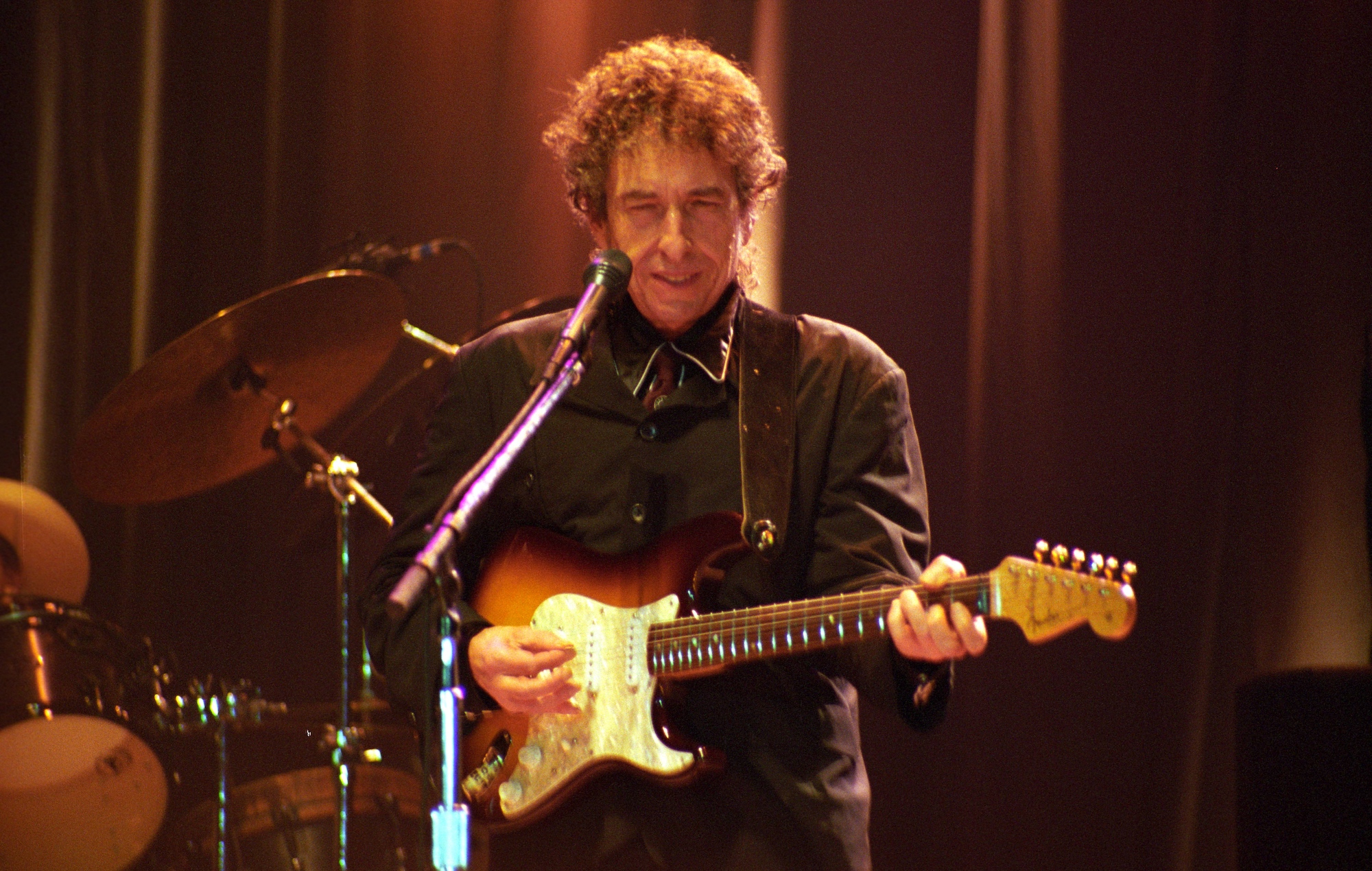 Sources like that – Highlands owes a debt to Scottish poet Robert Burns – suggest those stop-gap folk and blues covers set him up for Time Out Of Mind as he tapped deep wells.
Sources like that – Highlands owes a debt to Scottish poet Robert Burns – suggest those stop-gap folk and blues covers set him up for Time Out Of Mind as he tapped deep wells.
And ever since, he's drawn from such diverse places as Homer, Ovid, Rimbaud and pop culture, pulling from collective and personal memory to conflate past and present imagery in enigmatic lyrics.
Three decades after albums like Highway 61 Revisited and Blonde on Blonde redefined the possibilities of popular music, Time Out Of Mind began a new and even lyrically deeper phase of Bob Dylan's long career.
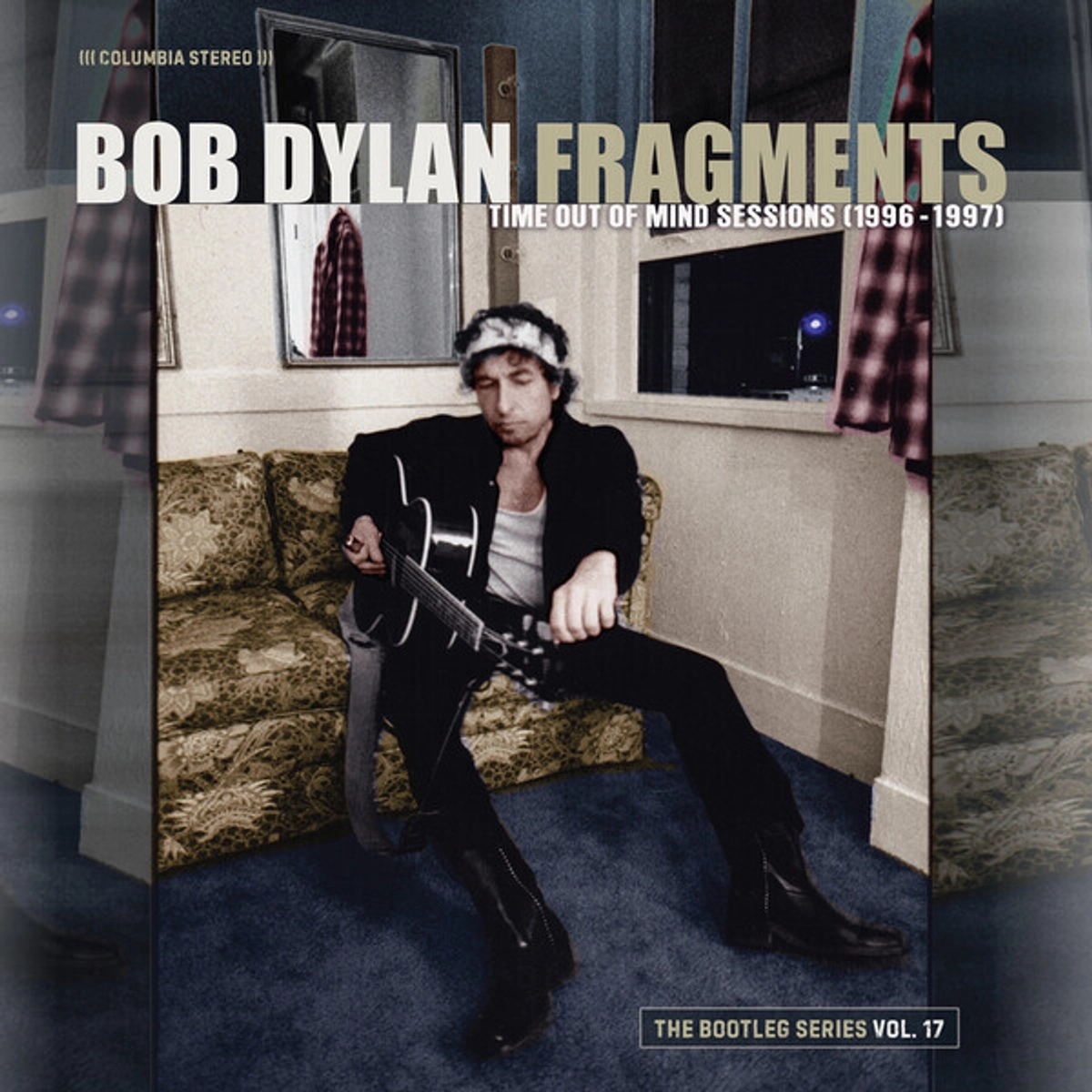 Fragments illuminates how – courtesy of producer Lanois – that was crafted and achieved
Fragments illuminates how – courtesy of producer Lanois – that was crafted and achieved
.
Fragments: Time Out Of Mind Sessions 1996-1997; The Bootleg Series Vol. 17 is released as a double CD or four record highlights edition, and five CD or 10 LP deluxe box sets.
.
There is a considerable amount about all aspects of Bob Dylan's career -- including rare tracks, album and career overviews -- at Elsewhere starting here.

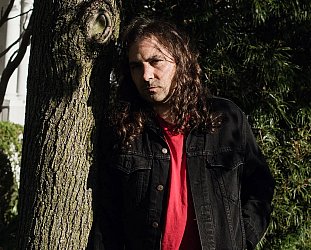
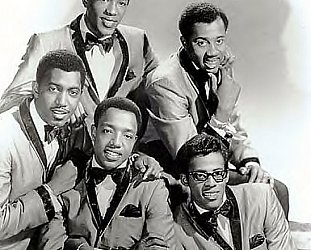
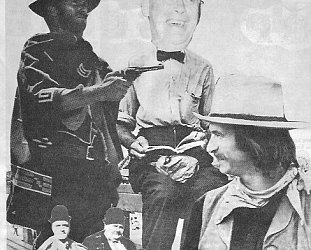

post a comment